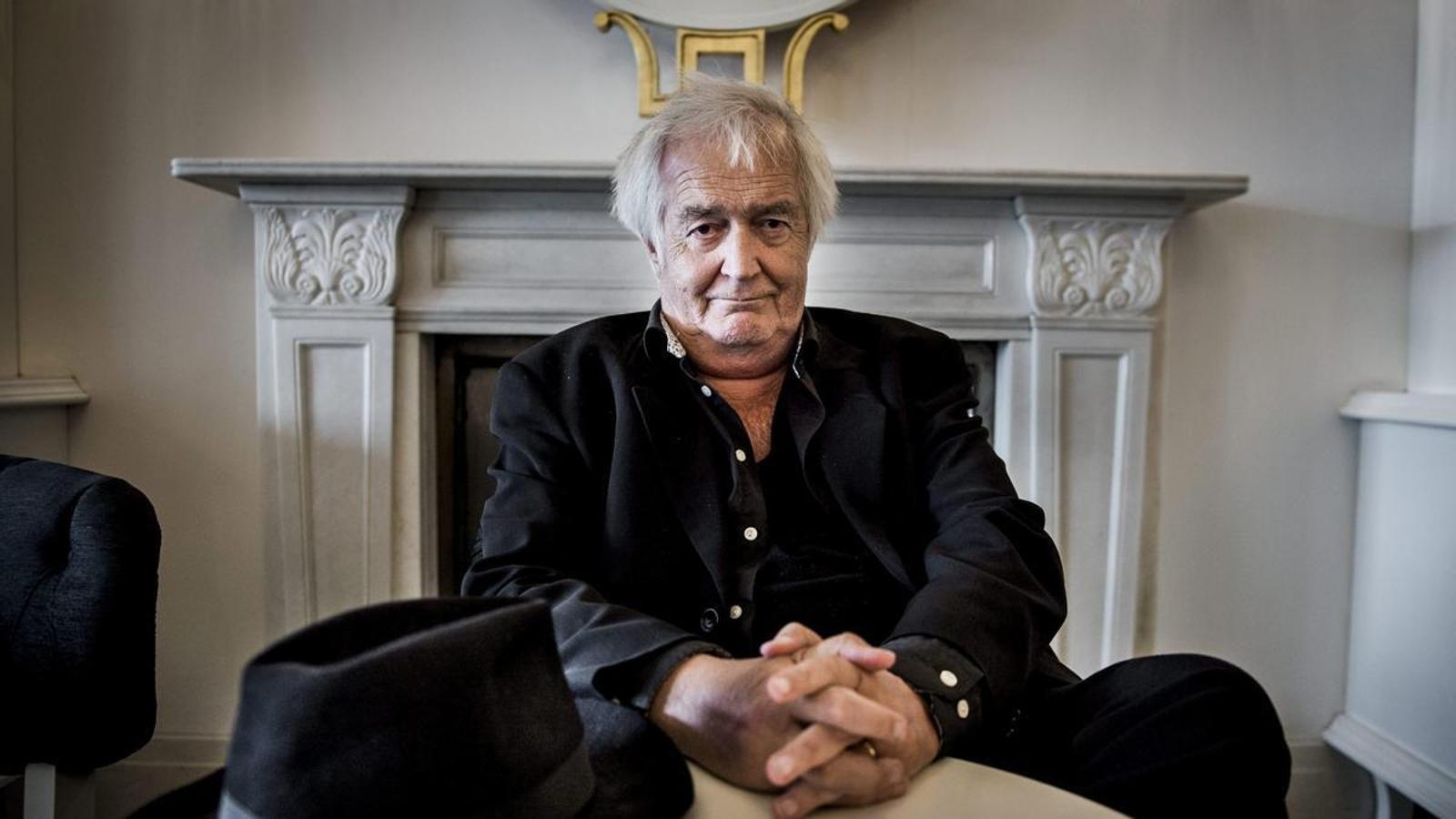The books of the holidays


There is no summer that I do not miss. Henning MankellThe Swedish writer died almost ten years ago, but it's been a few years since he last wrote new books about Inspector Kurt Wallander, his most famous character. In fact, it's him I miss every summer.
There's a simple pleasure, but one I truly enjoy, which is choosing my holiday readings. A few weeks before they arrive, I start looking at some covers with longing, and I separate copies. Like so many people, I end up with a pile that looks great on Instagram, but that will never be read (they're not that happy, nor was that dish that good, nor have they finished all the books in their pile, believe me). For several years, my selection included one or two Wallanders. I saved them; during the winter I didn't open any. They say that summer makes crime novels, but the truth is I don't quite understand why. The first thing I read in the series was The fifth woman (trans. Marta Casas; Tusquets), and I liked it so much that I looked for the first one, Faceless Killers, to read them all in order. The Inspector became almost a kind of family, like the cousins you only see during the summers.
I haven't reread any series this way, but I do eagerly reread some authors. A couple of years ago, I took a trip with The trees, by Percival Everett (Angle), with a fantastic translation by Jordi Martín Lloret, and it blew my mind. What a beast, how dark, and how funny. I'm counting the days until I can start. James, also translated by Martín Lloret (and also in Angle), where Everett speaks again about racism, in a way that has earned him the Pulitzer Prize. I will return home, physically and metaphorically, because I will continue with Mediterranean Breviary, by Predrag Matvejevic (trans. Pau Sanchis Ferrer, La Breve Ediciones). I hadn't heard of it, but I read that it's a contemporary European classic, "a beautiful and wise story about the sea," which "attempts to reconstruct the history of a word: Mediterranean." I've only felt wonder, I'm eager to pick it up. Besides, it connects me with Metamorphosis (The Adventure), which has taken me to Greece and given me delightful moments. The poet Míriam Cano has found a distinct voice in this diary, which I hope won't be the last I write.
Metamorphosis is a small neighborhood in the Peloponnese, a very fitting name to also explain the inner transformation that Cano's two trips to Greece represent. She makes them with friends, friends who are family; for me, one of the central themes of the book. The blue and the Mediterranean also play an important role, as does ancient Greece. Cano takes us for a walk, and I found the trip that takes us to Hydra, the island that Leonard Cohen discovered in 1960 and which was the setting for his love with the famous Marianne, very moving. I like how the author talks about the connection we have with places, which also extends to cooking: in addition to visiting restaurants, she aims to cook only Greek dishes. My mouth was watering, and now all I think about is returning to Greece. I'm going to look at the tickets. Have a great summer!
